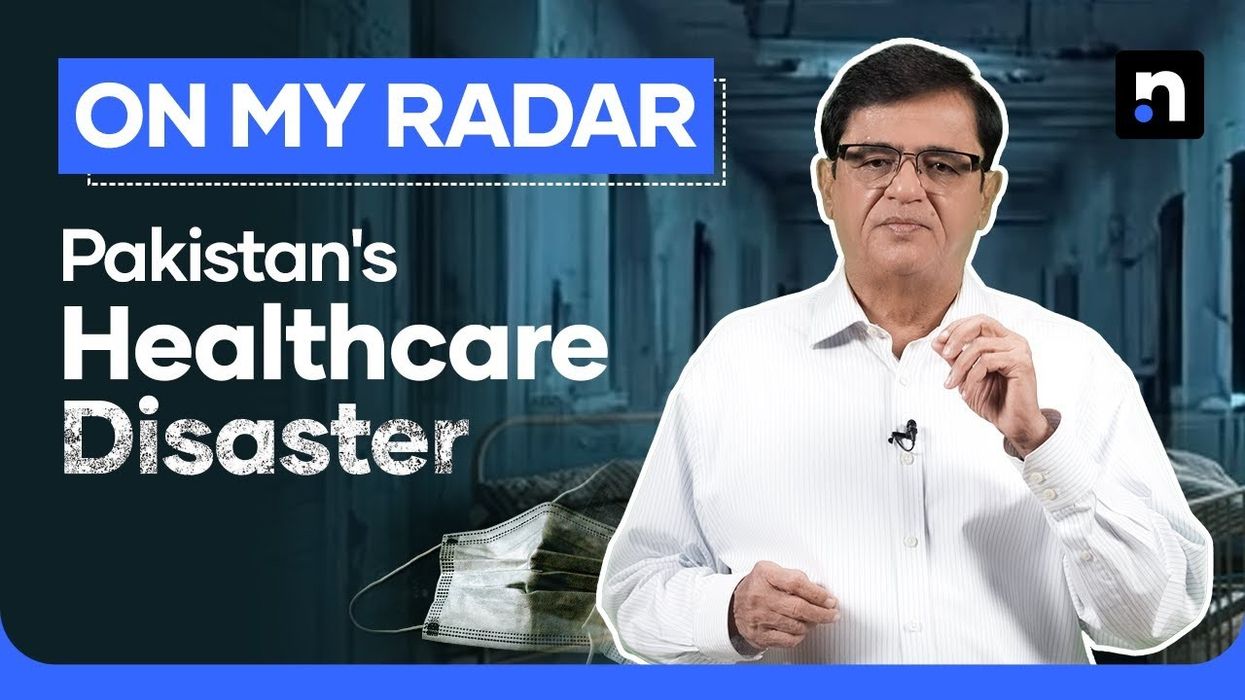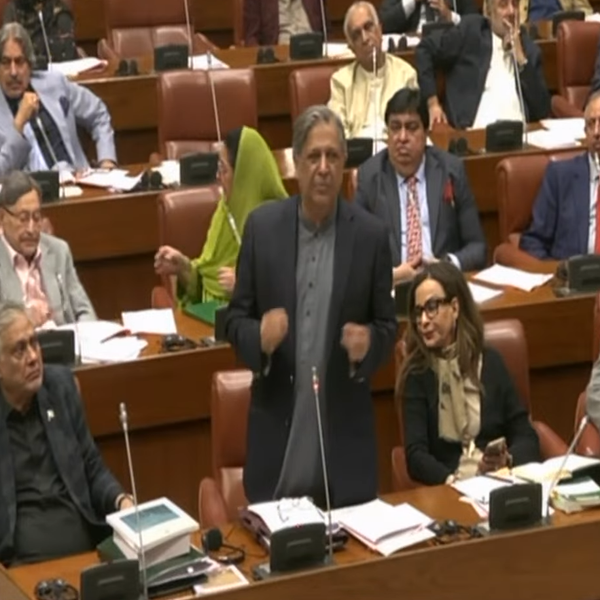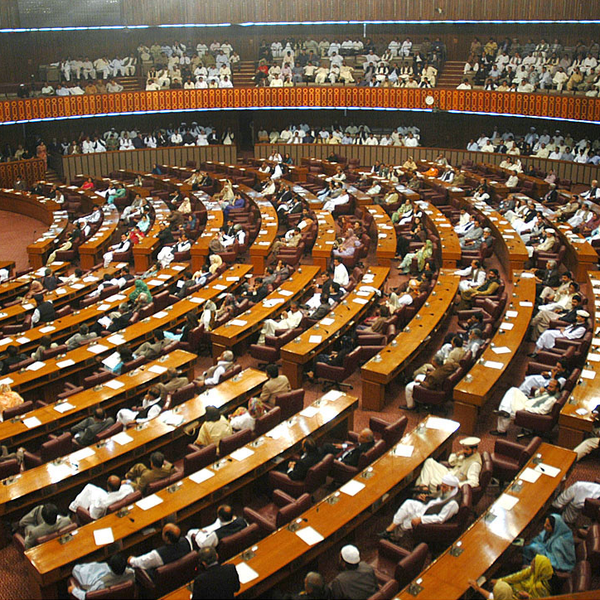In perpetual decline - Pakistan’s healthcare ranked among worst globally
Recent international, local reports suggest country’s healthcare infrastructure falls significantly short of global standards
News Desk
The News Desk provides timely and factual coverage of national and international events, with an emphasis on accuracy and clarity.
Pakistan has only one doctor for every 1,800 people
Only one nurse for every 2,000 people
One hospital for every 188,000 citizens
Pakistan’s healthcare system, plagued by corruption, inefficiencies, and a severe shortage of medical professionals, has been labeled one of the worst in the world.
According to recent reports by international and local organizations, the country’s healthcare infrastructure falls significantly short of global standards, contributing to high mortality rates and poor patient care.
Despite the famous saying, “health is wealth”, Pakistan's healthcare sector seems to operate contrary to this belief. Apart from a few notable institutions, most public hospitals are mired in corruption.
At the same time, private hospitals are notoriously expensive, often described as "money-making machines".
Poor global rankings
In last year’s World Health Organization (WHO) report, Pakistan ranked 124th out of 190 countries in overall healthcare, and 154th globally in terms of healthcare quality and access. WHO recommends having two doctors per 1,000 people, but Pakistan has only one doctor for every 1,800 people.
Additionally, there is only one nurse for every 2,000 people, far below the recommended eight nurses per 1,000 individuals. The situation is even more dire for dental care, with just one dentist serving 6,700 people. Even more alarming, Pakistan has only one hospital for every 188,000 citizens, and most of these facilities fail to meet international standards.
The country's healthcare crisis has not gone unnoticed. In 2022, Transparency International named Pakistan's healthcare system one of the most corrupt sectors. The British Medical Journal (BMJ) also ranked Pakistan as the second-worst country out of 67 in terms of patient check-ups, where doctors spend an average of just one minute and 47 seconds with each patient.
Not enough healthcare professionals
The lack of basic healthcare facilities is particularly felt in rural areas, forcing patients to travel to overcrowded urban hospitals. According to the NGO Sehat Kahani, over 50% of Pakistan's population, approximately 120 million people, lacks access to even basic healthcare services.
Migration of healthcare professionals is another growing concern. The Pakistan Medical Association (PMA) reports that 1,000 doctors leave Pakistan annually to settle abroad, adding pressure to an already overburdened system.
Corruption, tax evasion
Meanwhile, corruption within both public and private healthcare institutions is rampant. Many doctors run private clinics while also drawing salaries from government hospitals, often charging patients exorbitant fees for brief consultations. Moreover, pharmaceutical companies allegedly incentivize doctors to prescribe specific medications, offering commissions and international trips in return.
Tax evasion within the healthcare sector is widespread as well. According to the Federal Board of Revenue (FBR), over 3,500 private hospitals and clinics are operating outside the tax net, despite earning millions. Out of the 68,000 doctors registered with the Pakistan Medical and Dental Council (PMDC), only 6,500 file income tax returns.
Dr. Saad Niaz, Sindh’s caretaker health minister, recently highlighted the lack of accountability in the country's healthcare system. He ordered 36 charity hospitals to audit their accounts, but none complied. Despite Dr. Niaz's objections, the Sindh government proceeded with a multi-billion-rupee purchase of robotic surgery systems after the 2023 elections, raising further questions about the prioritization of healthcare resources.
Rise in medical negligence
Medical negligence is another growing concern. Cases of incorrect injections, expired medications, and surgical instruments being left inside patients' bodies are on the rise. Legal action against negligent doctors or hospitals remains weak. Complaints are typically handled by consumer courts, where the burden of proof lies on the patient or their family, often resulting in minimal penalties.
As the situation worsens, Pakistan's healthcare system faces immense challenges in ensuring access to quality care for its citizens. Urgent reforms and stronger accountability measures are required to address the deep-rooted issues affecting one of the country’s most vital sectors.











Comments
See what people are discussing